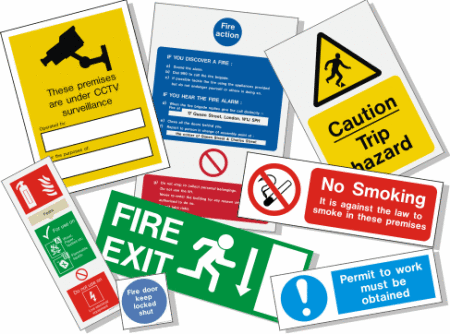5 Misconceptions about Filing a Workers Compensation Claim In a Startup
Not all thoughts, opinions, and ideas about workers compensation are true. There are a lot of misconceptions regarding the topic of workers compensation.
All too often, people immediately call on workers compensation lawyers to navigate their way through claims that sometimes don’t even exist or are not applied according to the state’s law regarding the compensation system of an employee. Of course, it’s not easy to fully understand workers compensation but, following myths regarding the concept is useless.

The most common misconceptions related to workers compensation are the following:
1. I Will Get Complete Medical Care By My Employer
Not in every case. As each state has its own ways set for the workers compensation system, this differs. With a set of rules and guidelines for workers compensation by the state, every employer needs to fulfil duties according to it.
Mostly the employer hires an insurance carrier for the workers carrier system. Then, they decide the procedure of medical treatment. They have the authority to accept or deny your selected procedure of treatment.
2. Compensation Only Covers Physical Injuries
Only broken bones and hard sprains are covered as an injury for a workers compensation is a huge misconception.
Over time this has changed. Mental health claim coverage is slowly working its way into the workers compensation system. As the term, ‘injury’ goes beyond just physical hurt.
3. Workers Compensation Fraud is Low
Not all claims are fair and justified. The workers compensation fraud rate might seem as low as 10% but the claims are sometimes found to be fake.
In contrast to injuries or pain suffering which are not always true. Many employees claim the compensation by turning a minor injury into some major bone or pain matter. This might get them the claim approx. 10% but, typically the insurance adjuster from the employer’s side will decline the claim by not finding the injury to be true.
4. Compensation Is Typically Only Paid With Court Involvement
The majority of cases go over without the court’s involvement and get settled by the employer and employees.
However, if the worker tries to stay home and avoid work even when they can after proper medication for their injury, the employer might take court action and involve them in the litigation process.
The situation can be on another side as well, where if the employers don’t compensate the worker fairly, the worker might get the courts involved.
5. Compensation Is A Welfare
It’s not a free payment that any employee can get.
The claimant needs to meet various requirements and understand what they can and cannot do as a claimant by the adjuster. Sometimes the miscommunication between them delivers the wrong idea of having welfare as a claim to all employees.

